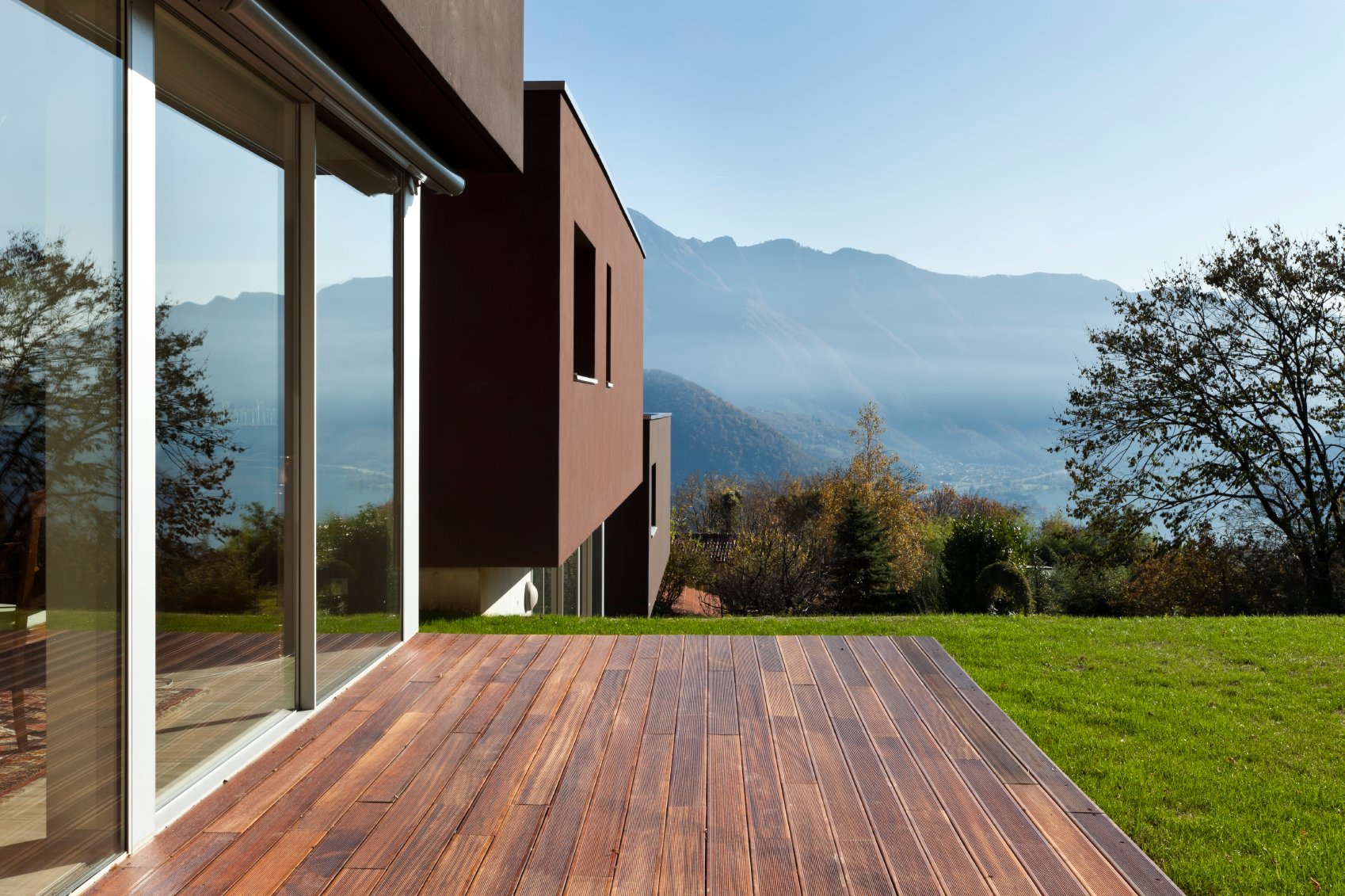
At some point in our lives we may outgrow the property that we love. Sometimes, it’s because of a lifestyle change, because we want to be in a better neighbourhood that’s closer to work or to schools. Sometimes it’s because our personal circumstances have changed, and we’re taking care of elderly parents or relatives. Sometimes, it’s just because we want a property that reflects the financial status our hard work has won.
Whatever the reason, upgrading to a bigger or better property is a decision that shouldn’t be undertaken lightly.
There are a lot of factors to consider when you’re thinking about upgrading to a new home. The most important of these is, of course, affordability. It’s very easy to get caught up in the excitement of a bigger, better or more luxurious property, but you have to crunch the numbers to make sure it’s also a good financial decision.
The Rawson Property Group has an in-house finance division that can assist prospective buyers with these calculations, any bond originator should be able to offer some advice on the topic as well.
Beyond simple affordability, talking to an experienced real estate agent to weigh up other opportunities that may be open to you as part of your upgrade.
Consider options like renting out your current property instead of selling outright. Very often, the potential rental income on that property, combined with the equity available in its bond, could provide enough capital for a deposit on your new home. That same rental income could then cover the monthly instalments on the original bond on an ongoing basis, while you service your new property’s bond with your own income and any rental money left over. If the numbers work out, this kind of setup can be an ideal opportunity to add an investment property to your portfolio – something you might not have realised was even an option.
Accurately assessing opportunities like this requires a detailed understanding of not only property prices but also ownership costs and rental dynamics.
Things like levies, rates and utilities, insurance and maintenance are easy to forget, but can seriously impact affordability. A good estate agent will bring these to your attention, and include them in any feasibility studies to give you the best overall picture of what your financial situation could look like.
Renovations is another alternative way to upgrade a home. Buying and selling property is expensive these days and spending this kind of money needs some serious consideration – it’s definitely possible that adding on or renovating your existing home might be a better option.
Here, too, an experienced real estate agent can be extremely valuable as an advisor, providing great insights into opportunity costs and potential rewards.
You need to weigh up your ability to add value with the risk of over-capitalising and then compare this to the cost of buying a new home. In some cases, moving on could be a far better decision, but renovations might present opportunities you hadn’t considered before.
This kind of “bigger picture” perspective is a key part of the service that all modern real estate agents should strive to offer.